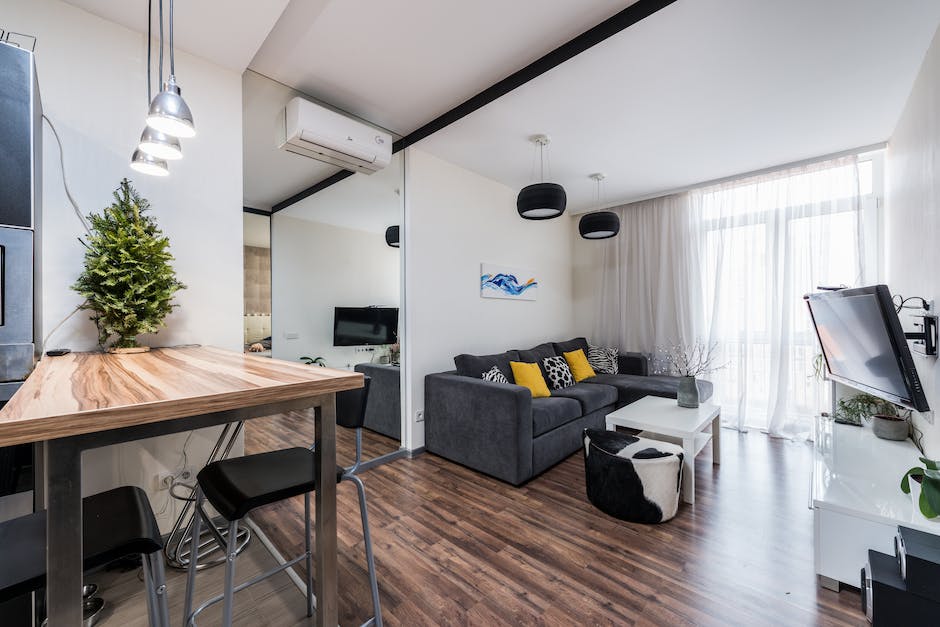The real estate market has been on an incredible run over the past few years, but there is a growing concern that this boom will come to an end soon. Some say we are already at the peak, while others predict a much more dramatic drop-off. Either way, it seems clear that something significant is about to happen.
In fact, many experts agree that the next two years will be very interesting for the real estate industry. What happens next depends largely on whether you’re a seller or a buyer, as well as what area of the market you’re looking into.
Some believe that we have reached the top – not only of the current housing bubble, but also of the overall real estate market. After all, home prices have been rising steadily for nearly one decade now!
That can’t last forever, which makes sense given how expensive homes typically are. If people continue spending the same amount of money to live in their houses, then eventually they’ll run out of things to buy.
At that point, house values will begin to fall. This scenario was made possible by the recent rise in home price levels, which create a cushion between what buyers expect them to cost and what sellers are willing to accept in return.
But when people start expecting lower house prices, they may no longer want to keep buying and selling, making it harder for owners to move up the ladder and renters to find a place to call home.
Rising interest rates
As we mentioned earlier, there are two main factors that play into whether or not people buy homes. One is how much money they have to spend, and the other is what type of home they want to own. The second factor depends on if you’re looking for a starter home or a more expensive house.
If you can’t afford the down payment, you may be better off renting since it will cost less monthly than a mortgage. But if you do have enough savings, buying a home is your best option!
The rising costs of homeownership make this an even tougher pill to swallow. It’s very possible to purchase a home with no upfront fees or loans, but then you’ll be paying higher monthly payments each month. This makes purchasing a home out-of-reach for many individuals.
What does this mean for the future of the housing market? We could see some sort of plateau where most people can’t afford to buy a home, which was the case during the last bearish real estate cycle. Or, we could see another downturn due to too few available homes for sale.
Increased demand
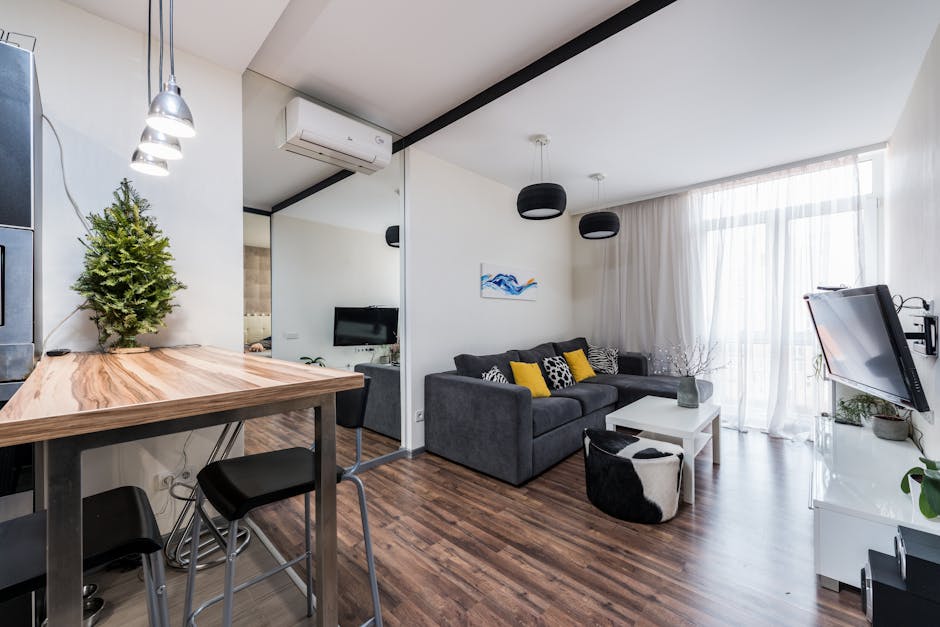
As we mentioned, there are already strong signs that the housing market is heating up. Even if you’re not looking to buy or sell a home at this time, it can be difficult to maintain momentum when things feel sluggish.
While many people talk about how much more expensive real estate has become, what most people don’t realize is that buying a house is actually becoming less expensive!
House prices have been rising due to two main factors: More homes being built and competition driving down prices of existing houses.
More homes being built means there will always be new supply to compete with for buyers’ attention. This keeps the price of houses even lower because sellers won’t find their property going unnoticed as much anymore.
Competition also drives down the price of an individual house. Because there are more potential buyers, individuals who owned their house years ago must drop their asking price to make way for a larger pool of possible buyers.
This process continues until someone bids enough money for the house that it no longer feels like there’s a huge gap between its value and the amount people are willing to pay for it. At which point, it drops off of the market and becomes stable income-property that owners can live in or rent out.
Increasing demand for homes is something we see every year during the spring selling season, but it seems particularly pronounced right now given all of the activity happening across America.
Less homes for sale
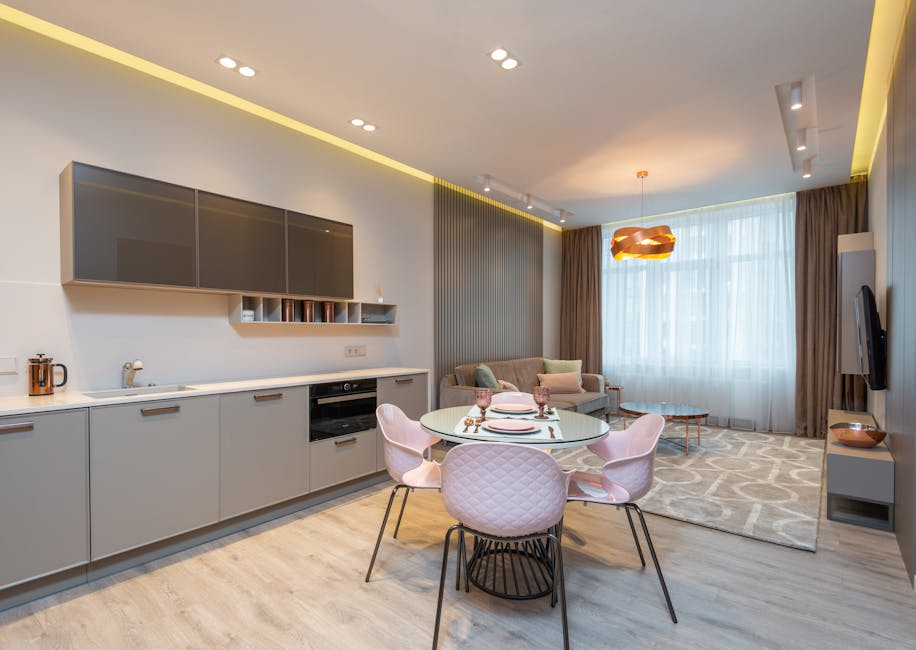
The number of houses and condos available to be bought or sold has been decreasing steadily over the past few years. This is due to two main factors – rising demand and competition, as well as less wealthy individuals and investors being able to purchase a home.
As more people have their own residences, they are choosing to stay where they already live instead of looking for a new house. Also, since most people now have a smartphone with them at all times, they do not need a separate room for a computer anymore!
With technology becoming increasingly helpful and convenient, we are no longer relying on having a desk or office space to perform our jobs efficiently. More businesses are moving their operations onto digital platforms that can be accessed from anywhere, so there is less need for an additional place to work.
This also applies to students who are able to access educational resources via their phone, tablet, or laptop almost anyplace. Technology has made it easy to learn about many different things, which means fewer college graduates needing another source of income by working as a staff member or teaching others.
Given these trends, along with population growth, more people wanting to live close to areas with good transportation and/or recreational facilities, and lower housing costs, we expect to see some changes in the real estate market in the coming year.
Less homes affordable to buy
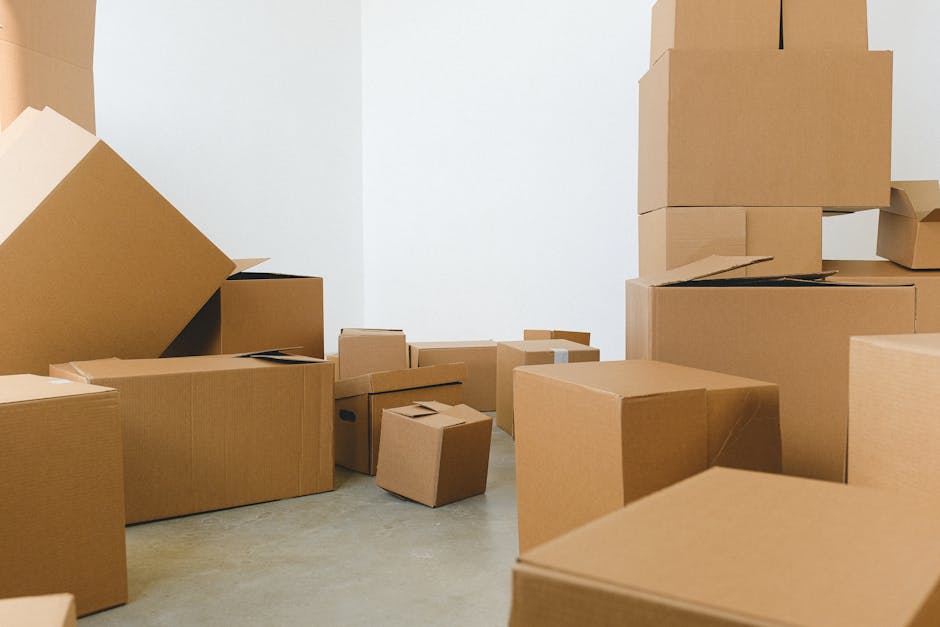
According to Zillow, there are now more than 2 million housing units available in the United States that are considered “overpriced” or “cheap.” This number is up 6% from last year.
This means that there are currently 2 million too many houses in America! Why? Because most people have a budget for how much house they can pay monthly, and the market has become saturated with expensive dwellings.
Houses keep getting more expensive due to rising costs of land, construction, and materials like steel and concrete. In fact, the average cost per square foot of a new home has increased by 10% since 2011!
While this may seem like an exciting trend, it can be frustrating for potential buyers who want a down payment-free apartment or condo.
It also creates a situation where only the rich can afford a house, which isn’t healthy for our society.
Greater competition for homes
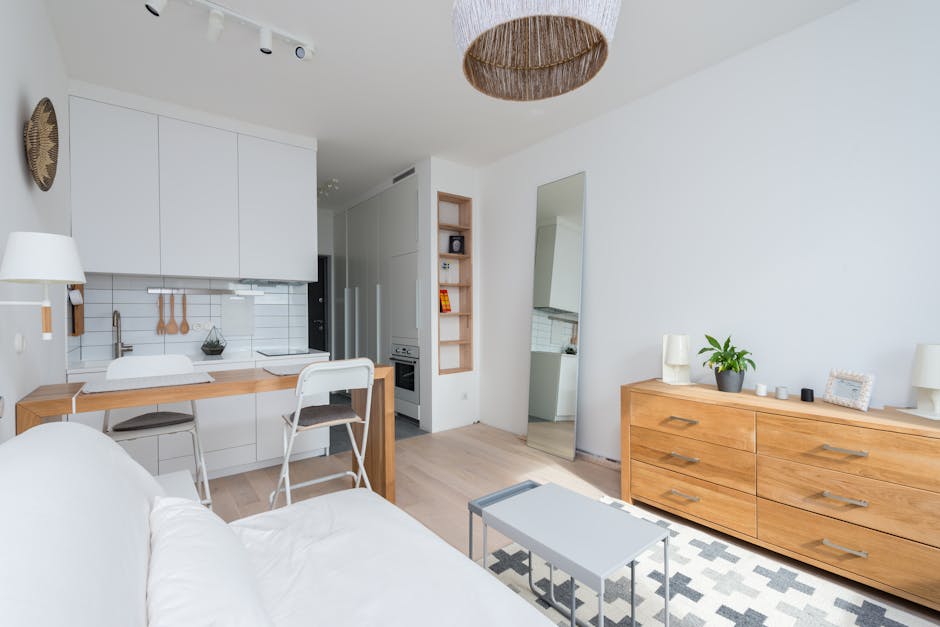
As we have seen, this cycle of over-the-top house buying is not limited to any one area or region. If anything, it has spread out across the country with more and bigger houses being built almost every day.
This was due to many factors including easy access to credit, lower interest rates and most importantly, a lack of available real estate. With there being an abundance of empty properties all around the nation, would-be home buyers were constantly leaving their dream homes vacant.
While some may consider that a good thing as they hoped others would take their place, what these people didn’t realize is that those “others” never actually got close to owning a home!
As more and more people put off investing in a property, the amount of housing supply continues to drop. This means that even though there are still lots of houses sitting idle, there are less opportunities for them to be filled by potential homeowners.
When you combine this with the fact that people are spending more money than ever before, which creates even greater demand for homes, then you get a very interesting situation.
Rising prices

Over the past few years, we have seen rising real estate costs due to increasing demand for homes and limited housing supply. This has fuelled escalating house price growth that we are now witnessing.
It is important to note that while this may seem like a positive development, there are also negative consequences.
With home ownership becoming increasingly out of reach for young people and successive generations being priced out of their own homes, our society is experiencing an erosion of fundamental institutions such as family units and community groups.
This can lead to weaker social cohesion and solidarity. Emerging economies with large populations cannot afford to buy enough land to build new houses so they instead turn to renting which leaves them vulnerable during economic downturns.
Furthermore, more expensive properties mean longer commutes which increase greenhouse gas emissions and stress individuals’ health and wellbeing. In addition, wealthy individuals tend to contribute less money to charitable organisations than average members of the population because they do not need to devote time to volunteering or donating.
These factors all add up to serious long-term problems for our societies and environment.
Predictions of a market crash

There have been many predictions about what will happen to the real estate market in the coming years. Some say that we are already experiencing a soft landing, while others predict that there is going to be a total meltdown. Two main theories why people think this will occur include over-valuation or overheating of the market due to increased demand as well as less willingness to take risk when it comes to buying a house.
Many experts believe that we’ll see a significant downturn within the next three to five years. While they may not agree on how long the slump will last, everyone seems to agree that it will happen.
Some say that we’re already seeing the effects of this slowdown with prices dropping across the board and fewer homes changing hands. Others expect a more dramatic drop like what we saw after The Great Recession back in 2009.
Whatever happens, make sure you are prepared! This includes having enough money to buy a new home, as well as knowing where your next place to live is.
Predictions of a market boom

The real estate industry has been on an unprecedented growth spurt ever since the Great Recession. Since then, we have seen continuous upward trends in both home sales and property values. This includes predictions for even bigger gains in the coming years.
Many experts predict that this can’t be sustained though. They say that there will come a time when the bubble bursts and house prices stop rising.
This is because people are now buying too many houses due to the affordability of homes. More and more people need a place to live, which makes it easy to buy another house.
However, they also believe that interest rates will keep climbing up, making it harder to get a loan to purchase a new house. This would prevent most people from investing in a down payment and moving-costs, so they wouldn’t feel comfortable buying a lot of houses.


 Facebook
Facebook
 X
X
 Pinterest
Pinterest
 Copy Link
Copy Link
